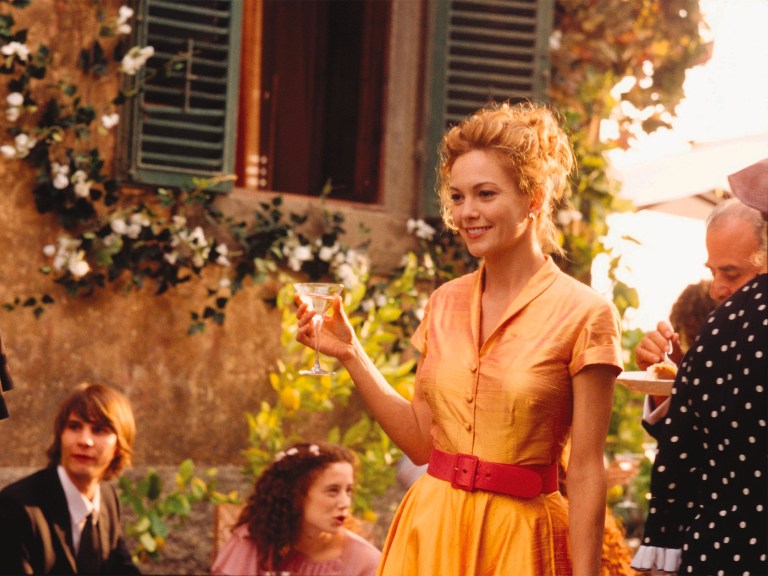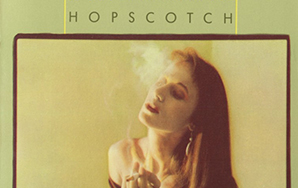
10 Books You WILL Read This Summer
From Julio Cortázar to Virginia Woolf to Luna Miguel and Andy Warhol, these are authors and books I love.
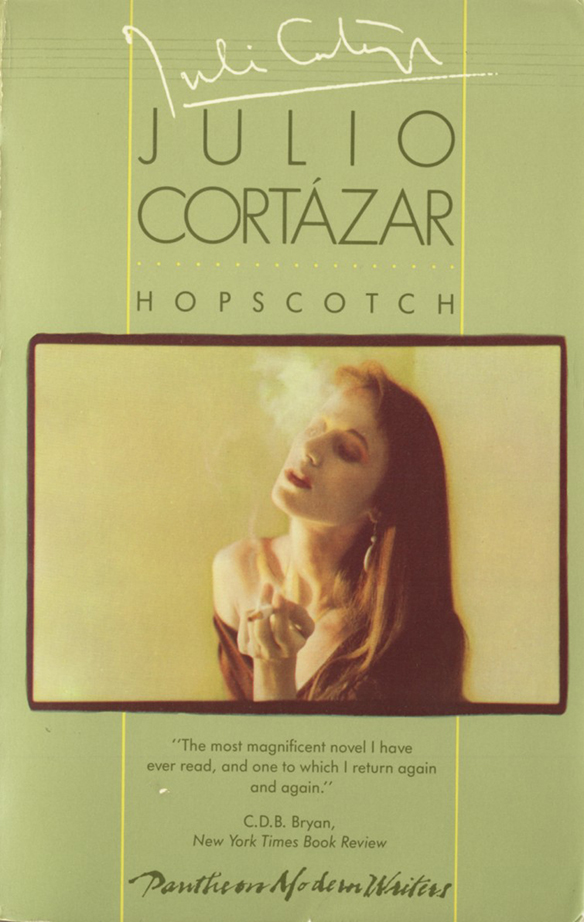

Hopscotch by Julio Cortázar
The summer after college, I cold-emailed an indie small press asking if I could be a coffee-fetcher or something, and they were into that. Unfortunately, I bombed the phone interview — hard. The question was “what books do you like post-1959,” and I couldn’t think of any. I had just spent most of college reading older classics like stuff by Joyce and Woolf and plays by Henrik Ibsen and Luigi Pirandello.
They didn’t give me a job, but they did give me a reading list, and I dutifully went to several used bookstores and bought some of their recommendations. I got some good reading out of it — one of my favorites was Hopscotch by Julio Cortázar. An Argentine writer who lived most of his life in Paris, Cortázar is rightfully known for being a master of short stories, but he also wrote at least one classic novel. I don’t know how to describe it — most of the chapters are short, the prose style is very appealing to me, it’s about young people in Paris, the main character is in pursuit of a woman called La Maga — here, read some:
La Maga did not know that my kisses were like eyes which began to open up beyond her, and that I went along outside as if I saw a different concept of the world, the dizzy pilot of a black prow which cut the water of time and negated it.
You’re like a witness. You’re the one who goes to the museum and looks at the paintings. I mean the paintings are there and you’re in the museum too, near and far away at the same time. I’m a painting. Rocamadour is a painting. Etienne is a painting, this room is a painting. You think that you’re in the room but you’re not. You’re looking at the room, you’re not in the room.
What most people call loving consists of picking out a woman and marrying her. They pick her out, I swear, I’ve seen them. As if you could pick in love, as if it were not a lightning bolt that splits your bones and leaves you staked out in the middle of the courtyard. They probably say that they pick her out because-they-love-her, I think it’s just the siteoppo. Beatrice wasn’t picked out, Juliet wasn’t picked out. You don’t pick out the rain that soaks you to a skin when you come out of a concert.
Good Morning, Midnight by Jean Rhys
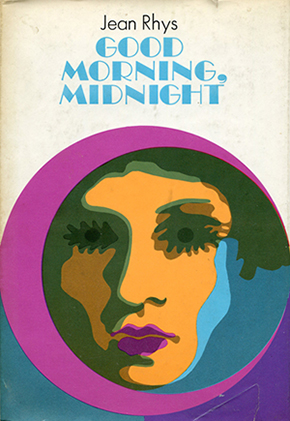

This novel is about a woman in Paris after a long absence who has troubling memories of past relationships and events in her life. The prose, and the way Rhys moves from scene to scene and chapter to chapter, is great — elliptical and suggestive, and with lots of revealing details and dialogue. The ending is terrific.
My life, which seems so simple and monotonous, is really a complicated affair of cafés where they like me and cafés where they don’t, streets that are friendly, streets that aren’t, rooms where I might be happy, rooms where I shall never be, looking-glasses I look nice in, looking-glasses I don’t, dresses that will be lucky, dresses that won’t, and so on.
A room? A nice room? A beautiful room? A beautiful room with bath? Swing high, swing low, swing to and fro…This happened and that happened…
And then the days came and I was alone.
Nightwood by Djuna Barnes
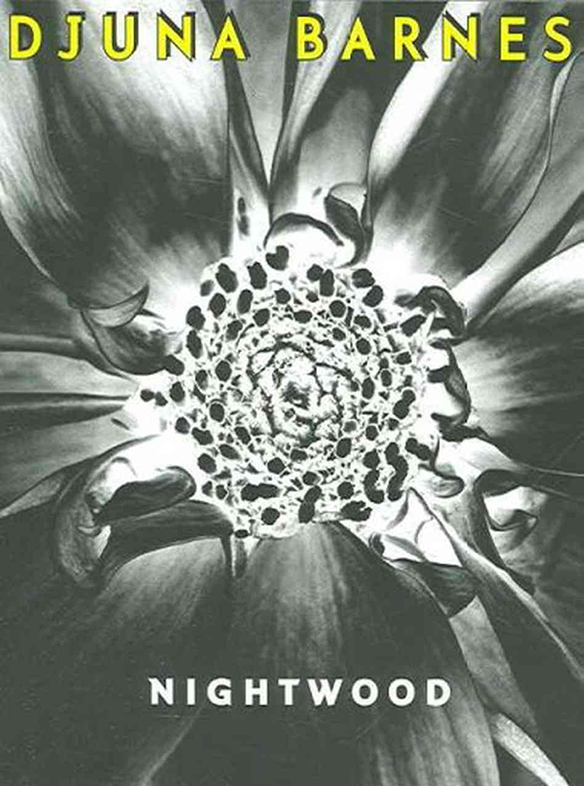

This is a baroquely written (people have called its prose style “gothic” — sweet), very personal-seeming novel that moves and speaks like a dense poem but is, in a sense, about a woman in love with another woman. There’s also a mysterious character named Dr. Matthew O’Connor who shows up randomly and gives wild speeches. It’s good.
She was nervous about the future; it made her indelicate. She was one of the most unimportantly wicked women of her time –because she could not let her time alone, and yet could never be a part of it. She wanted to be the reason for everything and so was the cause of nothing. She had the fluency of tongue and action meted out by divine providence to those who cannot think for themselves. She was the master of the over-sweet phrase, the over-tight embrace.
“God,” she cried, “what is love? Man seeking his own head? The human head, so rented by misery that even the teeth weigh! She couldn’t tell me the truth because she had never planned it; her life was a continual accident, and how can you prepare for that? Everything we can’t bear in the world, some day we find in one person, and love it all at once…. There’s something evil in me that loves evil and degradation–purty’s black backside! That loves honesty with a horrid love; or why have I always gone seeking it at the liar’s door?”
The Waves by Virginia Woolf
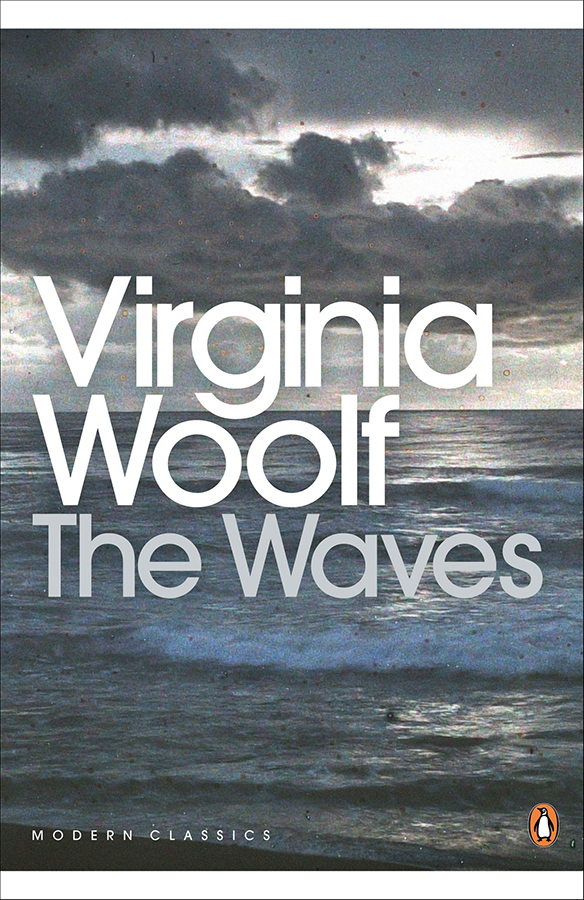

I took a course on just Virginia Woolf in college — it was extremely sweet. I love her prose so much. As far as purple, “poetic” prose goes, hers is some of my absolute favorite. I love Mrs. Dalloway and To The Lighthouse and others by Woolf, but this is my favorite. The monologues of a group of friends, boys and girls, from childhood to adulthood, interweaving, telling, dreaming, not a narrative but a richness of life said out by the source, common, sad, grand, and ineffable.
“What is the phrase for the moon? And the phrase for love? By what name are we to call death? I do not know. I need a little language such as lovers use, words of one syllable such as children speak when they come into the room and find their mother sewing and pick up some scrap of bright wool, a feather, or a shred of chintz. I need a howl; a cry. When the storm crosses the marsh and sweeps over me where I lie in the ditch unregarded I need no words. Nothing neat. Nothing that comes down with all its feet on the floor. None of those resonances and lovely echoes that break and chime from nerve to nerve in our breasts making wild music, false phrases. I have done with phrases.”
The Philosophy of Andy Warhol by Andy Warhol
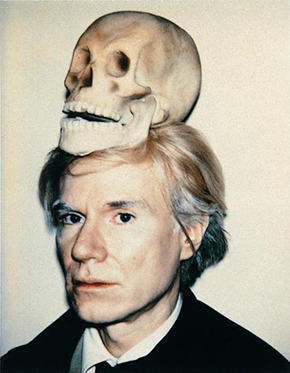

This book is really fun. Chapters on love (puberty), love (prime), love (senility), beauty, fame, work, time, death, underwear power. Read it.
They always say time changes things, but you actually have to change them yourself.
Fantasy love is much better than reality love. Never doing it is very exciting. The most exciting attractions are between two opposites that never meet.
Watt by Samuel Beckett
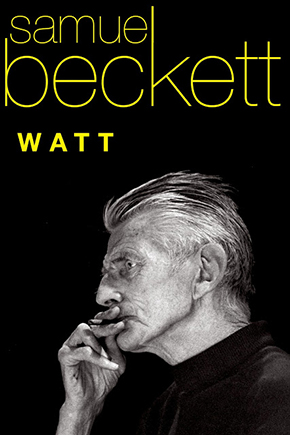

If you’re interested in Samuel Beckett, and let’s say you’ve only read Waiting for Godot for a class or something, I’d say the novels are more inspiring and enjoyable to read, for me. And if you want to sort of like warm up before you read the trilogy (Molloy, Malone Dies, The Unnamable), I recommend Watt, which is very funny and good and beautiful.
We are no longer the same, you wiser but not sadder, and I sadder but not wiser, for wiser I could hardly become without grave personal inconvenience, whereas sorrow is a thing you can keep adding to all your life long, is it not, like a stamp or an egg collection, without feeling very much the worse for it, is it not.
Tropic of Cancer by Henry Miller
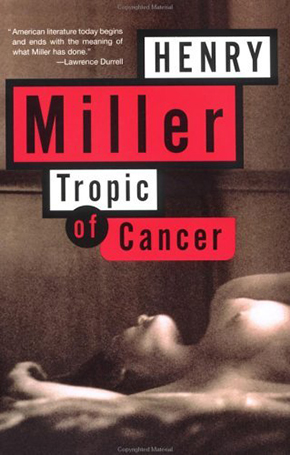

Some people shit on Henry Miller for being a misogynist because he talks foul about women and sexual things sometimes, but they’re fools. He has enough bright-eyed joie de vivre and raving drunken charm to set any young man or woman off in search of moreness of living.
I have no money, no resources, no hopes. I am the happiest man alive.
All the men she’s been with and now you, just you, and the barges going by, masts and hulls, the whole damned current of life flowing through you, through her, through all the guys behind you and after you, the flowers and the birds and the sun streaming in and the fragrance of it choking you, annihilating you.
Person by Sam Pink
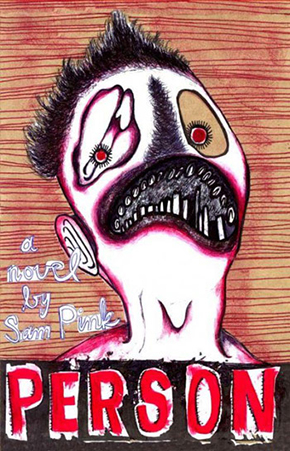

Sam Pink is one of my favorite contemporary writers. I’ve already praised his latest novel, Rontel, on this website, but I’d also point you to his first novel, Person. More sad funny man walking around Chicago seeing shit and talking to people and having funny thoughts. More great stuff.
What if I have a heartattack tonight and say something really dumb when it happens, like, “oh jeez” and then make a dumb face when I fall.
She looks at the tv and she says, “I will agree that he is a cute old-man.”
I lean over the edge of the bed and reach to the floor.
“See,” I say. “He is absolutely adorable and he is tremendous.”
And I can see either accepting everything that happens, or accepting none, but in between I lose hope.
Bluebird and Other Tattoos by Luna Miguel
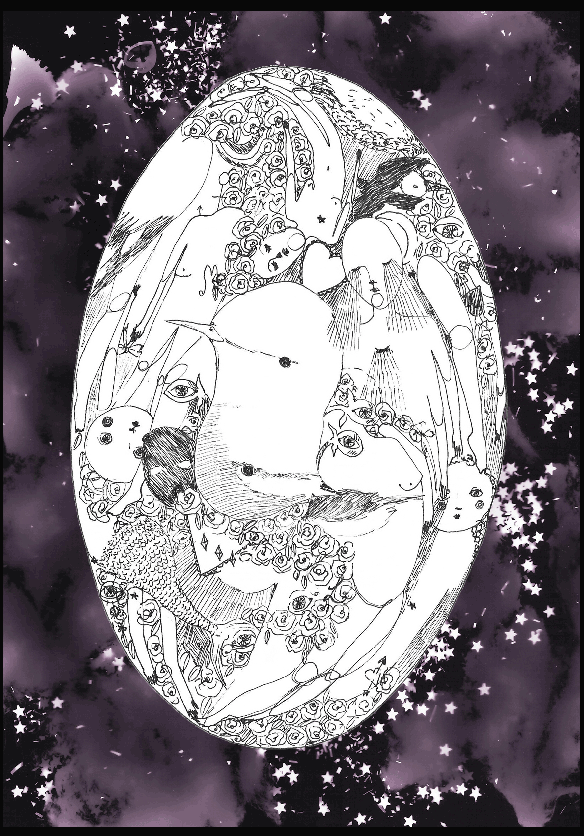

Luna is an awesome poet who’s already popular in her native Spain but still unfamiliar to many American readers. Here is a blurb I did for her first Spanish/English-translation bilingual book:
Luna Miguel is a poet who can make me cry. Her passion for life and for poetry is uncommon. She makes language concise, supple, and exciting again. Recurring images: of birds, disease, spit, and blood, integral to a mortal, embodied poetry that reminds us “Death cannot be experienced neither for the living nor the dead but for the sick.” Luna writes a poem, “The Beautiful World Gives Me Disgust.” She writes, “I exist, therefore, / then I tremble.” She writes of the suicidal poets, she writes of all women, she writes of the young. She writes knowing it’s a lie, she lives in the shadow of death. Luna writes of her “unprotected life,” her “unprotected diary.” There is no comfort in this poetry, there is hard beauty. “The wind was this. Being born was this. Dying without dying and without a disease was this. To tell you the truth: I am here and I need you.”
Everything is Quiet by Kendra Grant Malone
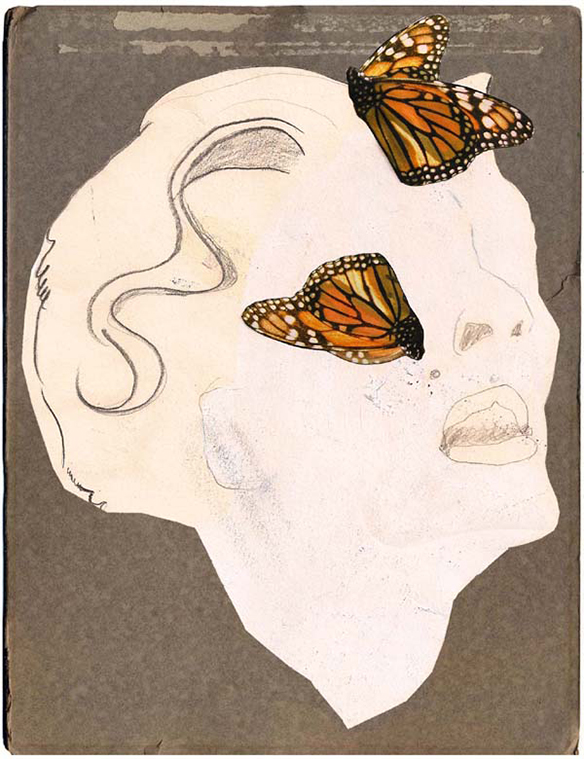

Here’s another great contemporary poetry collection. This one, to me, is like the ideal “confessional poetry” collection. It’s very honest, it recounts painful or uncomfortable experiences, it’s not shy or apologetic. In fact at times it’s strident, angry. This book is not a bunch of diary entries. At its best, like in “Sylvia Plath At Sixteen,” it can make you cry. Happy reading.
i chase things / that no one views / as precious / so that i am not looked upon / as a monster / (although i am)
i’m not sure / how many more years / i can go on with this / being the only / the only / apparently the only / the only / the only one who loves / my dear brother
…i want you all / to be quiet / very quiet / quiet as death / so I can think about / myself / without your cries / and wails and fits / of interpretation.

